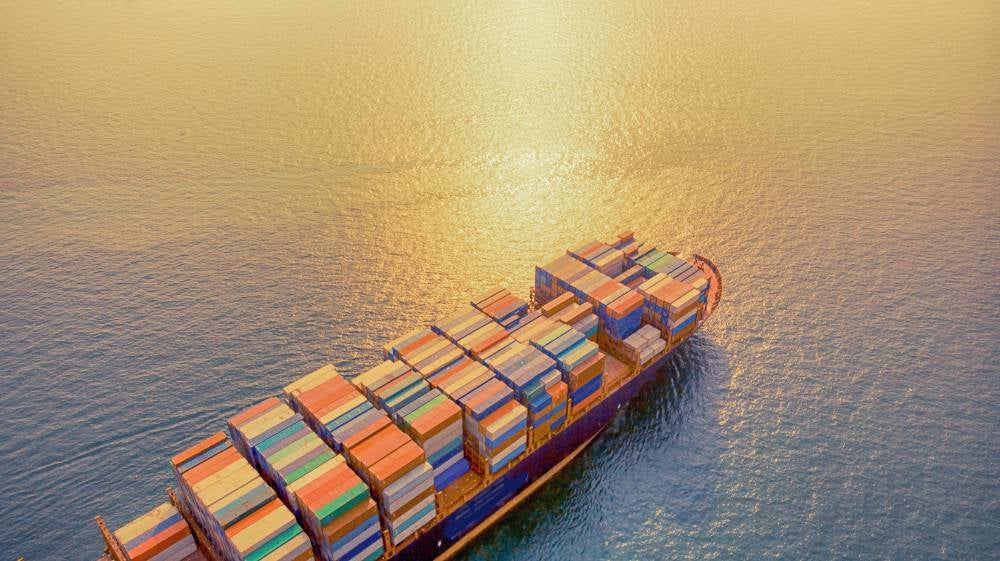Don’t rely too much on imported goods – Expert
Instead of relying on imported raw materials and basic necessities, and the focus should be on diverse areas of high growth such as technology, green and creative industry.

SHAH ALAM - The government needs to reduce reliance on imported raw materials and basic necessities and use non-recyclable energy.
Instead, Universiti Teknologi Mara (UiTM) Management and Business Faculty Senior Lecturer Dr Mohamad Idham Md Razak said the focus should be on diverse areas of high growth such as technology, green industry and creative industry.
He said technological advancements not only increase productivity and competitiveness but also assist the Malaysian economy in the long term.
He said that digital usage in the service, trade and investment industries could enhance the efficiency of each of the country's major sectors.
"The government needs to diversify the economy and reduce dependence on imported goods.
"We need to focus on skill development, infrastructure and education to enhance Malaysia's economic competitiveness in facing global challenges.
"If we continue to strengthen the economy domestically, it can gradually reduce fiscal deficits and national debt over time to ensure long-term fiscal sustainability," he said.
Previously, the global economic situation following the Gross Domestic Product (GDP) growth report for 2023 indicated that 2024 would be a very difficult and challenging period for all countries, including Malaysia.
Universiti Sains Islam Malaysia (USIM) Economics and Muamalat Faculty Senior Lecturer in Islamic Banking and Finance Dr Mohd Faisol Ibrahim said this forecast was based on global economic trends where many new possibilities could arise that might threaten the country's growth.
Commenting further, Idham said that despite challenges in implementing various policies, the government's policies could address global economic sluggishness.
He explained that through the 12th Malaysia Plan (RMK12) and Budget 2024, the government had been implementing infrastructure development to protect vulnerable groups from current economic uncertainties.
"One of the government's measures is to shift subsidies to low-income target groups to reduce overall subsidy spending and improve resource allocation," he said.









